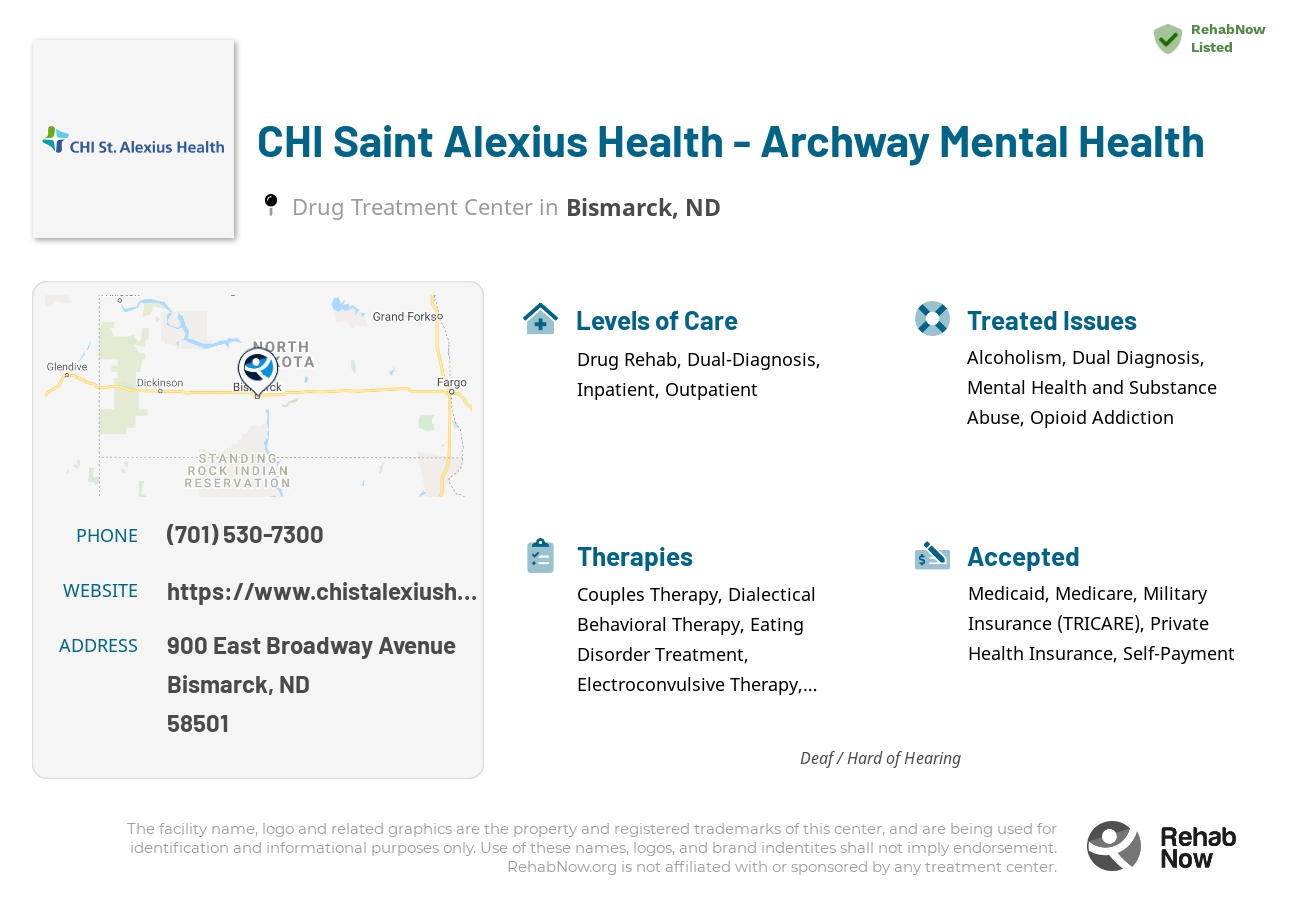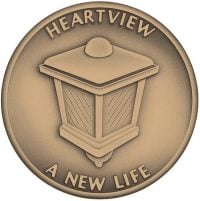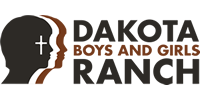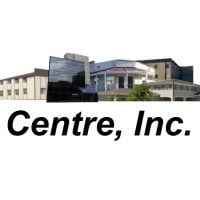CHI Saint Alexius Health - Archway Mental Health
Drug Rehab Center in Bismarck, North Dakota
CHI Saint Alexius Health - Archway Mental Health in Bismarck, North Dakota is a full-service addiction treatment facility offering comprehensive and specialized care for substance abuse, co-occurring mental health disorders, and eating disorders.
About This North Dakota Facility
CHI Saint Alexius Health - Archway Mental Health is a reputable treatment facility in Bismarck, North Dakota. They cater to individuals looking to overcome addiction and substance abuse issues. With a focus on Alcoholism, Opioid Addiction, Dual Diagnosis, Eating Disorder, Drug Addiction, Mental Health, and Substance Abuse, they offer various levels of care, including inpatient, outpatient, detox, dual-diagnosis, aftercare support, and partial-hospitalization. The facility accepts private health insurance, ensuring that individuals have access to quality treatment without financial barriers.
At CHI Saint Alexius Health - Archway Mental Health, individuals struggling with addiction and substance abuse can find a comprehensive range of services tailored to their needs. The facility utilizes evidence-based treatment methods, including therapy, counseling, and medical interventions, to assist individuals on their journey towards sobriety. Their skilled and compassionate staff is equipped to address various challenges, such as alcoholism, opioid addiction, dual diagnosis (co-occurring mental health disorders), eating disorders, and general substance abuse. Whether through inpatient or outpatient programs, detoxification, or aftercare support, CHI Saint Alexius Health - Archway Mental Health strives to guide individuals towards a healthier, substance-free life.
Genders
Ages
Modality
Additional
Conditions and Issues Treated
Opioid addiction is the result of repeated use, or abuse, of opioid drugs. It is recommended for people who are dependent on opioids, or who have a high risk for dangerous health concerns, to seek professional treatment. Treatment plans usually include behavioral therapy and medication-assisted treatment.
Opioid drugs include: fentanyl, heroin, methadone, oxycodone, and oxymorphone.
Opioid addiction treatment is beneficial for:
- People who have a history of severe withdrawal.
- People with a high risk for dangerous health concerns.
- People having difficulty overcoming opioid addiction on their own.
There are different kinds of Dual Diagnosis:. A person who simultaneously experiences both a mental illness and an addiction disorder. Or, a person who experiences one or more coexisting (simultaneous) mental health conditions in addition to a primary substance use disorder.
The treatment requires a multi-disciplinary approach, it’s crucial for individuals to partner up with a healthcare provider who understands all the recovery components.
Levels of Care Offered at CHI Saint Alexius Health - Archway Mental Health
This center offers a variety of custom treatment tailored to individual recovery. Currently available are Drug Rehab, Dual-Diagnosis, Inpatient, Outpatient, with additional therapies available as listed below.
Inpatient treatment is the most intensive level of care, and it’s necessary for those who aren’t able to control their addiction. These patients also must be drug-free before attending inpatient programs .
During inpatient treatment, addicts live at an inpatient facility 24 hours a day while receiving help. This type of program is generally recommended for those who need to go through detoxification or who are struggling with serious addiction-related issues.
The outpatient programs in Bismarck, ND are for those addicted drugs or alcohol. The goal of the outpatient rehabilitation program is to make them stop abusing drugs or alcohol, reduce drug use or addictive behaviors, and become entirely sober. It is generally required to attend the outpatient program for 10-12 hours every week.
Patients can be administered on-the-spot medication to ease withdrawal symptoms such as anxiety, increased heart rate, and even depression. Groups such as Alcoholics Anonymous (AA) and Narcotics Anonymous (NA) can be used as a part of outpatient treatment to help maintain sobriety.
Therapies & Programs
People in addiction recovery can benefit from individual therapy. This type of therapy involves meeting with a therapist one-on-one. This allows for a personal and trusting relationship to be built so that the patient can be truly themselves and express any emotions they feel. Individual therapy leads to greater understanding and peace about your triggers for addiction and coping strategies to prevent relapse.
Couples therapy for drug addiction is based on the belief that addiction is a family disease. Everyone involved with an addict, not just the addict themselves, is affected by their behavior and the changes the addict goes through. The relationship also changes the addict’s significant other and has likely picked up some codependent behaviors. Codependency is a term used to describe a person obsessed with another person and their needs and feelings while neglecting their own. Addicts are usually people-pleasers, so it is understandable how one can become codependent in relationships with addicts.
Family therapy is a type of group problem-solving that aims to improve communication and relationships between the patient, their family, and sometimes friends. The main goal of family therapy for drug addiction is to create an environment where communication can occur without judgment, hostility, or blame. The therapist is with the family as they learn to communicate with each other differently, especially with the addict when s/he is using.
Group therapy sessions are held in rehab facilities, clinics, churches or community centers that offer drug addiction treatment. People who attend these groups are encouraged to voice their feelings and support other addicts in recovery. This helps group members strengthen their own recovery program while cheering on others who are struggling with sobriety.
Group therapy sessions provide recovering addicts with a chance to cope with everyday situations that many face. Group therapy sessions are held in rehab facilities, clinics, churches or community centers that offer drug addiction treatment.
People who attend these groups are encouraged to voice their feelings and support other addicts in recovery. This helps group members strengthen their own recovery program while cheering on others who are struggling with sobriety.
If you’re looking for addiction treatment, it’s important to find a facility that offers trauma therapy. This type of therapy helps people process and understand the past traumas that have led to their addiction. Trauma therapists will work with clients to help them understand their past and present relationships and show them that they are worthy of love. This therapy is typically done using visualization, discussion, and writing down thoughts and feelings.
Trauma Therapy is a form of therapy that involves working with a patient to help them process and understand the past trauma(s) in their life. This therapy is typically done using techniques such as visualization, discussion, and writing down thoughts and feelings. The main goals of trauma therapy is to help clients express their emotions and talk about what they are feeling.
Dialectical Behavior Therapy (DBT) is a form of cognitive-behavioral therapy that helps people understand how they connect their thoughts, behaviors, and feelings. It can give them more control over their actions, effectively stopping self-harm ideations and attempts in some patients. It also helps put those with borderline personality disorder into control for managing mental struggles.
A new study has shown that DBT works for those with self-harm behaviors and addictions by giving them therapy they can relate to and understand.
Cognitive Behavioral Therapy (CBT) helps addicts identify faulty, negative thinking so that they can work together with the therapist to find healthier ways of thinking. CBT focuses on specific aspects of each person’s thinking, feeling, physiology, and behavior. It aims to identify specific problems in these areas, and create a personalized treatment strategy.
Eye Movement Desensitization and Reprocessing (EMDR) is an integrative psychotherapy approach that has been extensively studied and proven effective for treating trauma. EMDR sessions typically last 50-90 minutes and can be completed in as little as 12-15 sessions. EMDR is a goal-directed therapy in which the client works with the therapist to develop an individualized treatment plan that focuses on specific trauma memories and associated disturbance.
Patient Experience
Experiential Therapy at CHI Saint Alexius Health - Archway Mental Health
Experiential Therapy allows addicts to release emotions in a safe environment. The process involves addicts painting their feelings and releasing them on a canvas. LPE – Love, Peace, and Equilibrium is one of the most popular forms of experiential therapy.
Payment Options Accepted
For specific insurance or payment methods please contact us.
Is your insurance accepted?
Ask an expert, call (888) 674-0062
Additional Details
Specifics, location, and helpful extra information.
Bismarck, North Dakota 58501 Phone Number(701) 530-7300 Meta DetailsUpdated November 25, 2023
Staff Verified
Patient Reviews
There are no reviews yet. Be the first one to write one.
Bismarck, North Dakota Addiction Information
Almost half of all road deaths in North Dakota are tied to alcohol. 18% of students from 9th through 12th grade admit to binge drinking. 14% of North Dakota high schoolers admit to abusing prescription drugs at least once. Alcohol is the most commonly abused substance in North Dakota, 5.26% of the population abuses alcohol in a year, which includes several minors. Binge drinking is a large problem, with 24.8% taking part.
It is difficult to say how severe drug addiction is in Bismarck, ND, as it varies from person to person. However, approximately 9.4% of Bismarck aged 12 or older people reported using an illicit drug, while 18. Additionally, over 60% of all crime in Bismarck, ND, is related to drug addiction. Several different types of treatment programs are available, and the right one for you will depend on your individual needs.
Treatment in Nearby Cities
- Rocklake, ND (154.5 mi.)
- Jamestown, ND (98.1 mi.)
- Dunseith, ND (142.6 mi.)
- Dickinson, ND (95.3 mi.)
- Langdon, ND (175.4 mi.)
Centers near CHI Saint Alexius Health - Archway Mental Health
The facility name, logo and brand are the property and registered trademarks of CHI Saint Alexius Health - Archway Mental Health, and are being used for identification and informational purposes only. Use of these names, logos and brands shall not imply endorsement. RehabNow.org is not affiliated with or sponsored by CHI Saint Alexius Health - Archway Mental Health.





